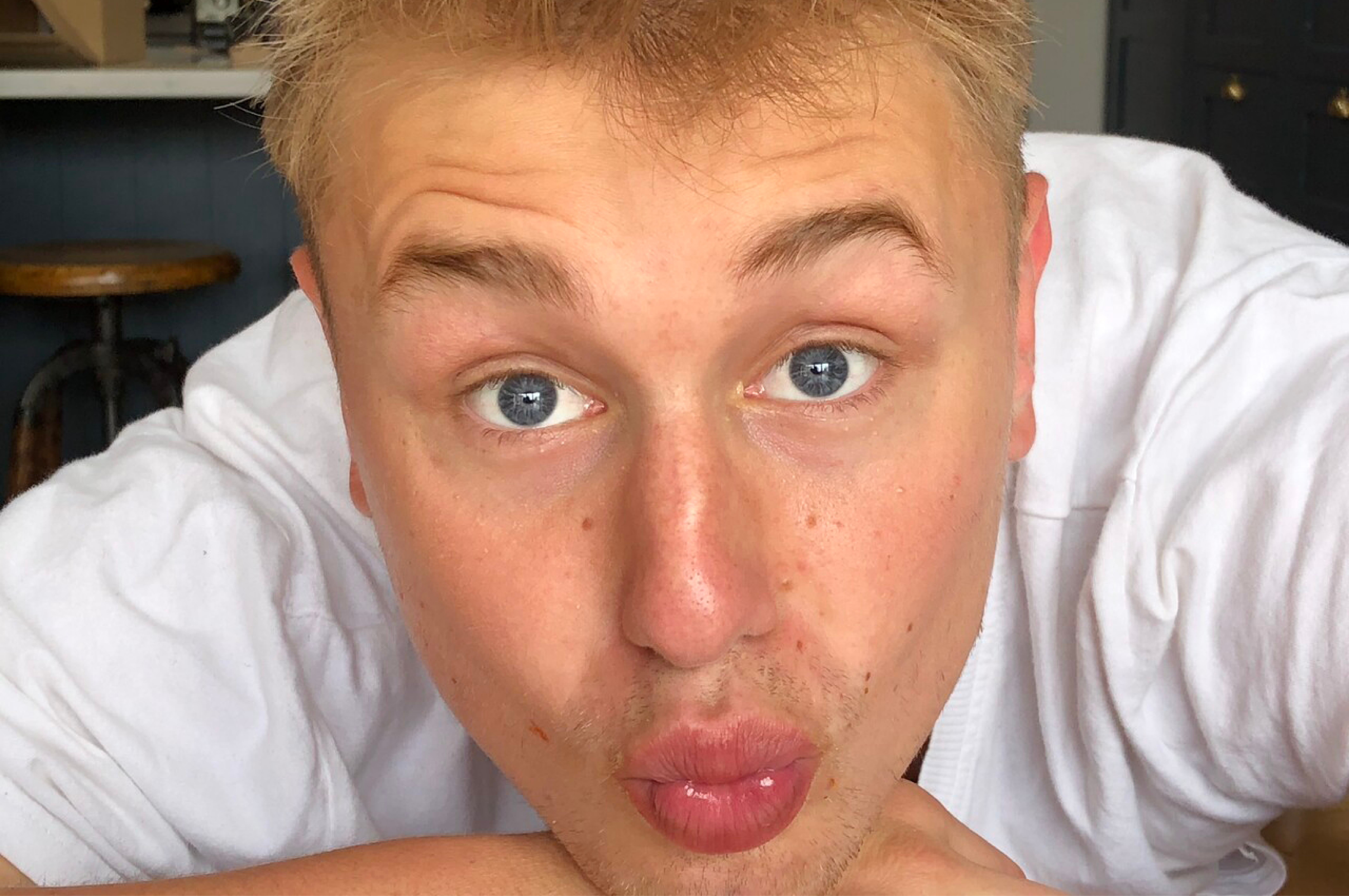written by Alex Voskou, Content Specialist at The IN Group.
Making sense of the world
Having been in many leadership roles though sport and at work I felt that my EQ was reasonable, and I seemed able to connect and emotionally support people rather well. So, it was disconcerting not to be able to support my eldest son in quite the same manner.
I have four children aged two (I know, I know), 17, 19 and 22. When my eldest son was around seven, I became aware that he didn’t respond to social cues in the same manner as his friends and as they became more in control of their actions and emotions, I noticed that he was struggling a little to make sense of the world. After one particularly challenging evening I Googled a variety of potential conditions and landed on one that I felt reflected much of what Billy exhibited. I contacted the doctor, who connected me with the paediatrician and then CAMHS (children and adolescent mental health services). Billy was diagnosed with a range of challenges including Tourette’s Syndrome, body dysmorphia, ADHD and OCD, along with a degenerative eye disease (he got the lot, he?)
Seeing things through a different lens
The consequence of this was that he viewed the world through a slightly different lens. The subtlety of this was significant and given his condition waxed and waned you were never sure which version of Billy you were going to speak with. Normal parenting rules didn’t apply as he spent much of his time in his own head, not fully considering the impact of his actions on others. The manifestation was that he became disengaged with school as he was seen as trouble, which at first glance he was, and equally of course there was an impact on family life. Whilst it put a strain on us on occasion, I believe it’s helped my other children become more empathic humans and I’m sometimes humbled with the manner in which they’re able to manage their emotional state and seemingly demonstrate a level of understanding beyond their years. On occasion my 19-year-old has almost counselled my wife and talked us down from our heightened state. Impressive for anyone, let alone someone with so little life experience.
What this has done is shine a light on the reality and struggles people have directly and indirectly with mental health. In many respects, this has served me well as a leader and a human, as my first thought when dealing with people who might initially be seen as challenging, withdrawn, rude or troublesome is to ask myself what struggles they might be hiding and fighting hard to overcome, and of course how can I help.
Sharing breeds sharing
Running alongside this I feel unbelievably lucky to have worked with a senior director for almost 20 years, who has faced his own mental health challenge. He was the first person I ever met who was brave enough to share his challenges with others at work. He was able to translate more clearly what my eldest son was most likely going through, how he felt and how he would mostly be responding to the narrative I was using. Interestingly, as a result of my colleague/friend sharing such vulnerability and his challenges, others at work started to share and over time it seemed like people came to work feeling like they could be their absolutely authentic self, even if that meant they were having a bad day and their authentic self was completely withdrawn.
My eldest is currently at university and still faces most of the challenges he has had all his life. It’s about managing them rather than resolution, it seems. I guess he’s one of the lucky ones who has a huge family around him, not only helping him but each other, and I often reflect what it must be like for someone like Billy without the support network he has. Unbelievably lonely I imagine!
I’m not entirely sure why I’m writing this, although it’s been rather cathartic, so it’s helped me a little even if nothing else!
Share this:




